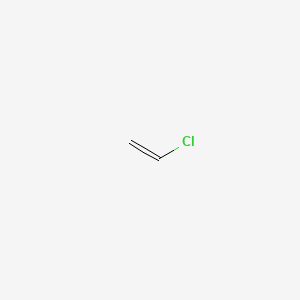Since that time new data have become available which have been incorporated in this monograph and taken into consideration in the present evaluation.
Vinyl chloride cancer mechanism.
Vinyl chloride monomer is a known cause of angiosarcoma of the liver.
It also has other toxic effects on the liver and it has recently been suggested that exposure to vinyl chloride also causes.
Discovered in 1835 it is used as an intermediate in the production of polyvinyl chloride pvc which is molded into pvc piping and bottles.
Dalpiaz in drug induced liver disease third edition 2013.
Vinyl chloride was considered by previous iarc working groups in 1974 1978 1987 and 2007 iarc 1974 1979 1987 2008.
Vinyl chloride is used primarily to make pvc a substance used in products such as pipes.
3 acute inhalation exposure to vinyl chloride can cause dizziness nausea headache fatigue visual and hearing disturbances sleep disturbances unconsciousness and in high concentrations death.
About 13 billion kilograms are produced annually.
Brain cancer lung cancer and some cancers of the blood also may be connected with breathing vinyl chloride over long periods.
Learn about vinyl chloride which can raise the risk of a rare form of liver cancer as well as brain and lung cancers and leukemia and lymphoma.
There is strong evidence from both human and animal studies that vinyl chloride causes cancer via a genotoxic mechanism.
In the 1970s epidemiologists found that workers in factories using vinyl chloride the key ingredient for pvc plastics had unusually high rates of a rare form of liver cancer called angiosarcoma.
Vinyl chloride is a chlorinated hydrocarbon occurring as a colorless highly flammable gas with a mild sweet odor that may emit toxic fumes of carbon dioxide carbon monoxide hydrogen chloride and phosgene when heated to decomposition.
Vinyl chloride is an organochloride flammable gas with a sickly sweet odor which is a colorless at ambient temperature.










